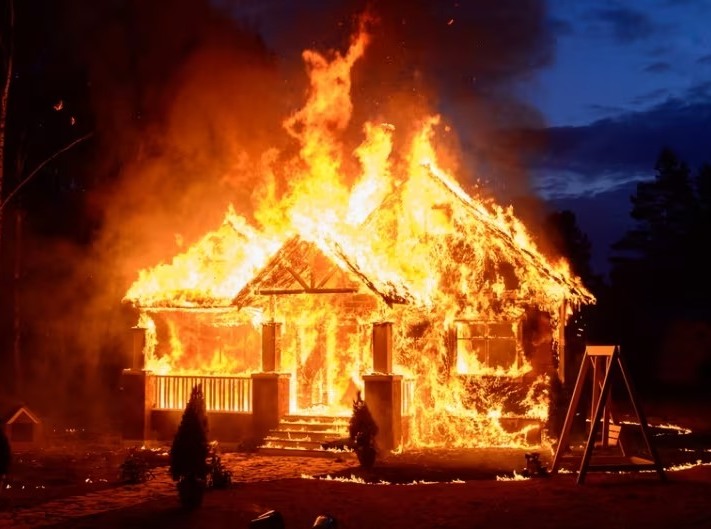Parshat Vayakhel:
At the beginning of this week’s Parsha the verse tells us, ‘You may not burn a fire in all your dwelling places/communities on Shabbat.’ While this verse is understood literally as a fundamental law of Shabbat, the great Spanish Rabbi, philosopher and kabbalist, Rabbi Yitzchak Arama (c. 1420 – 1494, known more commonly as the Ba’al Akeidah after his main work, Akeidat Yitzchak) reads a further and deeper message into this verse.
He explains that unfortunately there are some people who, when they have the chance to gather together, allow their speech to descend into pointless, angry and argumentative topics. They gossip and speak negatively about this one and that, and cause jealousy and hatred between people. They stir up strife and quarrels within the community so that, instead of focusing on important areas of prayer and Torah learning, the synagogue and communal areas are busy with the latest underhand scheming.
Because Shabbat is a day when people are not working, it is unfortunately the day most devoted by these sorts of people to such lowly activities. They don’t understand how they are destroying and burning their communities. Instead of bringing merit through growth, prayer and study, they burn away any possible goodness.
So, concludes Rabbi Arama, when the verse says ‘don’t burn a fire in your communities on Shabbat’ it is also referring to this spiritual conflagration – don’t use your day off, a time meant for spiritual growth, to instead burn up your sacred life.
Perhaps it is for this reason that we are told that in order to teach them the laws of Shabbat, ‘Moshe called the whole community of the children of Israel to assemble’, because it is only when we get together with unity can we use the Shabbat for correct speech and Torah learning.
Regrettably, for many people nowadays their Shabbat table looks exactly as the Ba’al HaAkeida described it centuries ago. People spend a few hours ripping apart this politician and that politician, this public figure and that community leader, this member of the community and that person who the community wouldn’t even accept as a member. Our Shabbat tables are ablaze, not with the fire of Torah and spirituality but with the evil inferno of Lashon Hara.
When I talk about this, people say to me, “But what can I do? The table is hijacked and I don’t have the power to fight it. I end up getting drawn in and yes, afterwards I feel dirty, but I don’t have a choice!”
Perhaps the way to think about it is exactly how the Ba’al Akeidah describes it. YOUR HOUSE IS ON FIRE! Do you sit around saying, “What can I do, I am powerless,” or do you rush to bring water to douse the flames, or save people and belongings from the fire? If we really cared about the spirituality of our homes we would never just put up our hands in resignation.
Shabbat meals should not be haphazard affairs. We would not accept one of the guests deciding to light a little bonfire on the tablecloth and fan it with his napkin, so we should also not accept a guest hijacking the conversation at whim. A little bit of planning before the meal of what interesting topics could be brought up as a diversion, what Torah ideas could be shared, how the children may be engaged in discussion, will allow a host to keep a modicum of control to the proceedings.
Of course, any change of subject should be done as subtly as possible and in a polite way, and it will probably take much time and practice to perfect, but surely it is worth it to build the unity and spirituality of our homes and communities?

